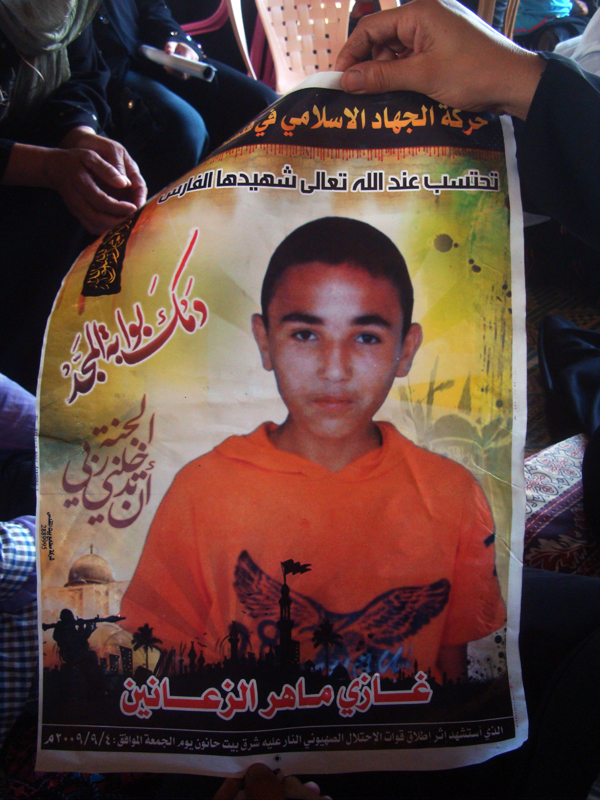Source: Food and Agriculture Organization of the United Nations (FAO); Palestinian National Authority (PNA)
Despite pledges, agriculture community still suffers from lack of funding, inputs, movement and cash
Following Operation Cast Lead, a twenty-two monthslong blockade, restricted access to vital agricultural areas and prolonged water stress, the agriculture community in the Gaza Strip remains on the brink of collapse. In one year alone, the number of people employed in agriculture fell by 60 percent1. Coupled with an estimated USD 180 million in direct damages to agricultural assets, agriculture-dependent families have exhausted options for maintaining their livelihoods. Without urgent action this once vital economic sector will take years rather than months to regain even pre-December 2008 productivity levels.
Launched to address the immediate humanitarian needs of the population, the UN Flash Appeal for Gaza proposes means to deliver crucial repairs of key agricultural assets and tackle food security needs over the initial nine months. Agricultural stakeholders requested USD 30 million to fund 27 livelihood recovery projects, aimed at protecting the most vulnerable farming families. Two months after the recent hostilities ended, only USD 2.3 million in funds – less than ten percent of the amount requested – have been pledged towards agriculture projects proposed in the Flash Appeal.
Focusing on the longer term, the Palestinian Authority (PA) and UNDP announced on 26 February 2009 that a further USD 270 million is needed to compensate farmers directly affected by Operation Cast Lead in the form of direct cash payouts, cash-for-work programmes and rehabilitation of damaged infrastructure. Moreover, despite the USD 4.5 billion pledged at the Sharm el Sheikh Conference on 2 March for the PA reconstruction plan for Gaza, such long term initiatives are subject to complex and lengthy negotiations. To date, no funds have been received for these two initiatives.
Meanwhile, the blockade continues to restrict the import of agricultural inputs needed for the immediate response, rehabilitation and reconstruction process to begin, thus restricting any real, long-term improvement of agricultural livelihoods. Cash-for-work programmes targeting the most vulnerable farmers, herders and fisher folk, are stalled owing to shortage of cash, making even humanitarian relief unachievable. Movement restrictions continue to prevent herders and farmers from accessing areas near the borders, which comprises 30 percent of arable land. Fisher folk stand to lose substantial income during the upcoming sardine season owing to new restrictions that limit fishing to three miles from Gaza's shores.
Under these conditions, the agriculture calendar is stalled. The vast majority of Palestinians in the Gaza Strip rely on local farming to produce affordable fresh foods, including fruits, vegetables, meats and fish. Fresh meat and poultry are now unaffordable to most families owing to scarcity of live animals, which are refused entry through the commercial crossings. The average Gazan household is already forced to allocate more than 40 percent of total expenditure to food, and food insecurity, currently estimated at 58 percent, will further deteriorate as people opt for lower-priced and less nutritious foods.
Farmers, herders, and fisher folk cannot survive the triple shock of closures, conflict and inaccessibility. Immediate support, both financial and diplomatic, is vital to saving agriculture livelihoods from collapse. Much needed resources must be mobilized immediately and without hesitation to restore basic productive assets and improve food security. Without swift action to help re-establish and revitalize livelihoods, the agricultural community will take years to recover.2
1 25,000 in Q4 2007 to 10,000 Q4 2008, PCBS Labor Force Survey. Reported as main source of income.
2 Signatory organizations: Action Against Hunger – Spain (ACF), Applied Research Institute of Jerusalem (ARIJ), Economic and Social Development Center (ESDC), Gruppo di Volontariato Civile (GVC), Ma'an Center for Development, Ministry of Agriculture (MoA), Palestinian Agricultural Relief Committees (PARC), Palestinian Hydrology Group (PHG), Swedish Cooperative Center (SCC), and Union of Agricultural Work Committees (UAWC), facilitated by UN Food and Agriculture Organization (FAO).



